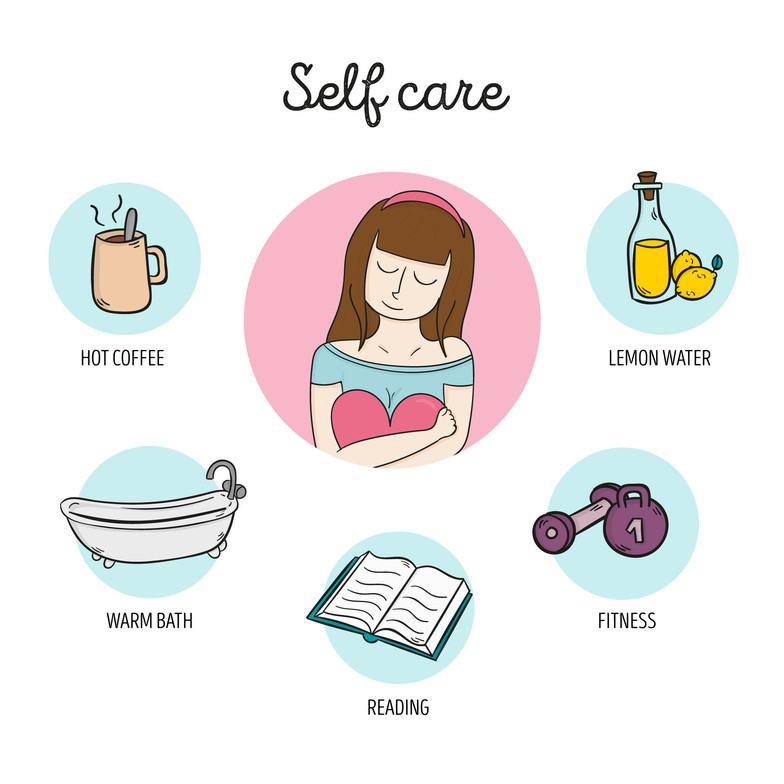
In a world that often glorifies hustle and busyness, self-care can feel like an afterthought—a "nice-to-have" when everything else is done. But what if self-care wasn’t a luxury, but a necessity? More importantly, what if it wasn’t one-size-fits-all but something deeply personal, meant to honour your unique needs?
Understanding what self-care means to you can be life-changing. It’s not just about bubble baths or yoga classes (though those might be part of your practice). True self-care is about nurturing your mental, emotional, and physical well-being in ways that resonate with your values, preferences, and life circumstances.
Defining Self-Care for Yourself
Many of us absorb societal ideas about what self-care "should" look like. Social media often paints it as lavish spa days or expensive treats. But for some, self-care might look like taking a five-minute breather between meetings, asking for help, or setting boundaries.
To uncover your personal definition of self-care, ask yourself:
- What activities recharge me, emotionally and mentally?
- When do I feel most at peace?
- What are the smallest actions I can take to show kindness to myself?
The Ripple Effect of Self-Care
When you commit to personalized self-care, the benefits extend beyond yourself. Think of it as filling your own cup: when you’re fulfilled, you have more to give to others.
For example:
- In relationships, self-care can help you regulate emotions, communicate more effectively, and foster deeper connections.
- At work, prioritizing rest can increase focus and productivity, benefiting both you and your colleagues.
- With family, showing up as your best self sets an example for others to care for themselves, too.
When we neglect self-care, it’s often those closest to us who feel the strain. Learning to honour your needs isn’t selfish; it’s a gift to yourself and those around you.
Small Steps Toward a Big Impact
If self-care feels elusive or indulgent, start small. Here are some practical ways to explore what works for you:
- Experiment with different practices: Try journaling, walking in nature, or scheduling regular check-ins with yourself to reflect on how you're feeling.
- Set boundaries: Learn to say “no” to protect your energy for things that truly matter.
- Make it non-negotiable: Treat self-care like you would any other priority. Schedule it, honour it, and remind yourself why it matters.
- Be flexible: What works for you today might not work tomorrow. Adapt your approach as needed.
Self-Care Is a Journey
Learning what self-care means to you is an ongoing process. Life changes, and so do your needs. Give yourself permission to explore and evolve. The beauty of self-care is that it’s not about perfection—it’s about intention.
When you prioritize self-care, you’re investing in your well-being and your capacity to show up fully in the world. And that’s not just good for you—it’s good for everyone around you.
So, what does self-care mean to you? It’s worth taking the time to find out. Your future self—and the people who love you—will thank you for it.
.JPEG)
.JPEG)





